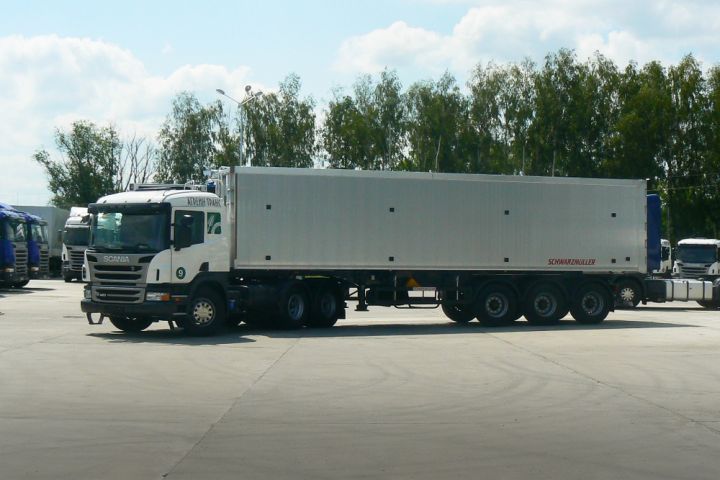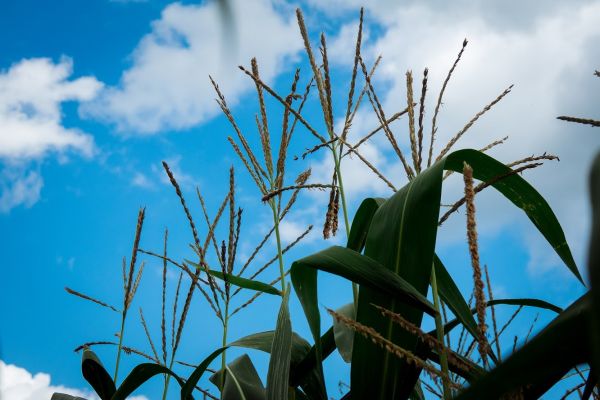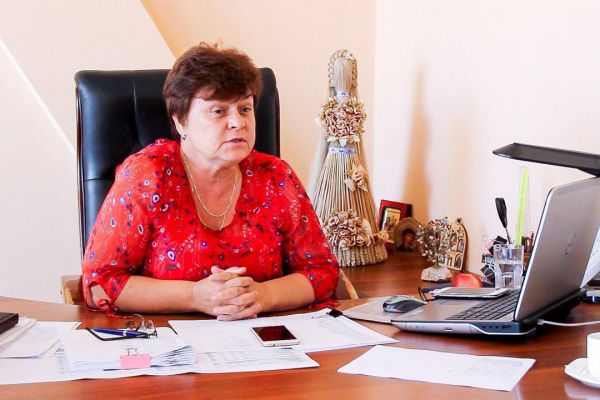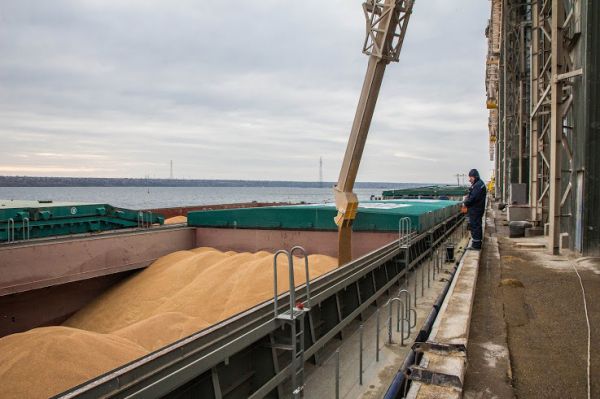Fury Road: How to Keep Your Grain Shipments out of Harm’s Way
Stolen crops, bad roads, and recruiting suitable drivers are the horror triggers for Ukrainian farmers. Agrain Trans knows how to turn those horrors to non-issues.
Addressing crops theft
Theft is the major problem farmers face while shipping their goods. Therefore, Agrain Trans has improved its security procedures. We closely cooperate with the Agrain holding in the matter of security. Since we have customers all over Ukraine, we have introduced monitoring crews who check the security of transportation on different legs of the route.
Besides, we track each vehicle using GPS navigation. The drivers have specifically assigned spots to stop, if we see the truck parked somewhere else, we react immediately.
When the truck is loaded, we seal the back of the truck. The number of the seal is registered in the waybill.
Weighing control is also a must to avoid dubious situations while working for the parent company or other customers.
There is a number of other measures, but the most important ones are round-the-clock vigilance and control.
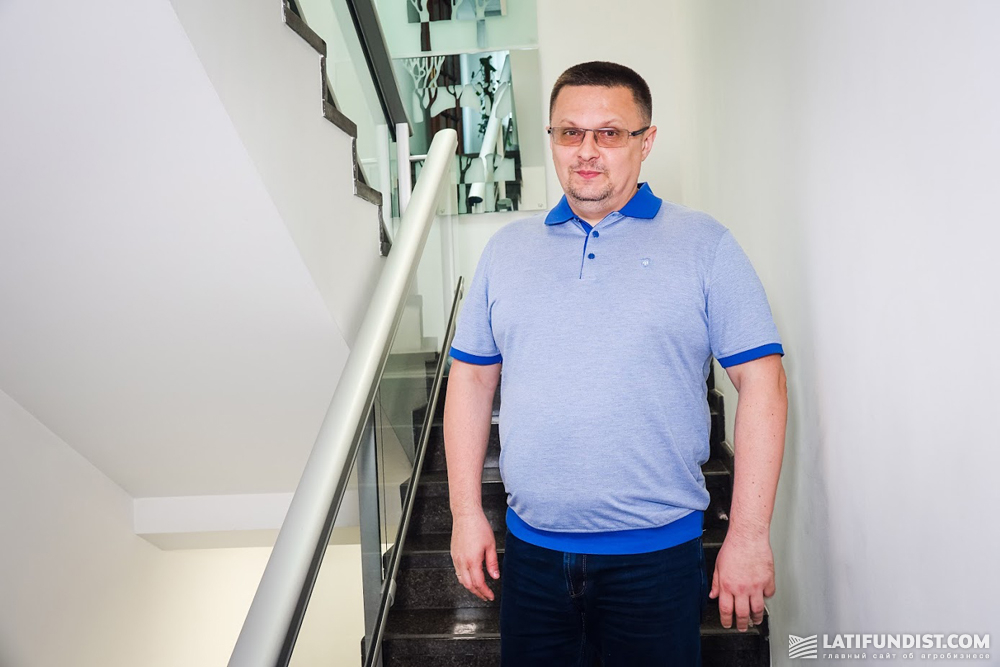
Our dispatch service consists of 4 employees who work a person per shift. The service operates 24 hours a day. The dispatchers change according to the shift schedule. A senior dispatcher controls and documents the whole process.
Related story: Defenseless Giants: How Petty Thefts Ruin Holdings
All the customers can track the GPS location of their cargo. GPS navigation is the cornerstone of our work. It helps to calculate the distance, locate gas stations, check the fuel level, speed, etc. Besides, we use a special Scania application which sends us daily reports on the overall condition of the truck, how long the engine was idling, if there were cases of speeding, how much fuel was used and a lot of other information. Every car is equipped with speed limiters which permit no more than 75 km/h. You cannot drive faster anywhere in Ukraine.
Our engineering service is currently looking for ways to enable us to gather more data to improve our operations. We have already implemented some of their ideas, but we are not quite happy with the results, so this is an ongoing project.
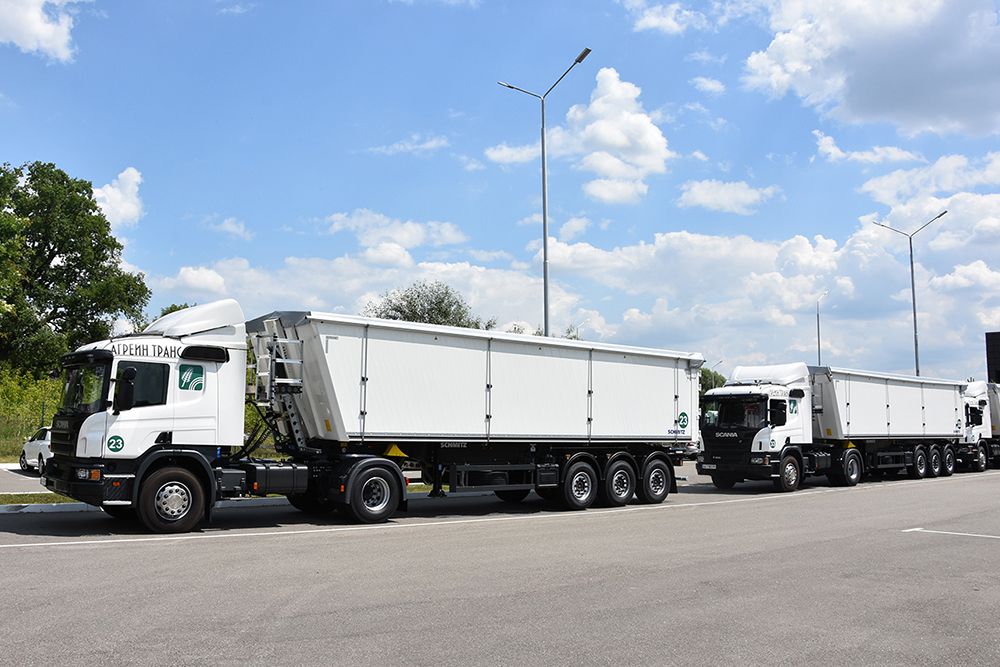
Route optimization and assignment of trucks
After the department of logistics receives an order, we check the technical characteristics of the available trucks, decide on loading methods, design the route, and calculate the cost. If the customer agrees to our terms, we sign the agreement. We always take into account the type and amount of the cargo and the time limits for its transportation.
We use Google Maps to design the routes. However, given the Ukrainian roads, it is not that straightforward. We also use the expertise of our engineering service, security service, department of logistics, and drivers to plan the route. There are a lot of details to attend to: wooden bridges on some stretches of the road, weight limits, etc. Everybody is involved in designing the route. GPS comes very much in handy as well.
It is impossible to use any other applications until the roads are fully repaired. Our drivers share information about the condition of the roads in chats. We also ask our security service to give feedback on the roads and use that information in planning the route. We gather information from all the sources before we send the truck over. There used to be cases when drivers had to detour 100-200 km to avoid a bad patch. We try not to step on the same rakes.

Employees are the beating heart of Agrain Trans
Drivers are the beating heart of the company. There is staff turnover, like in any other company. It is inevitable. We cannot compete with the salaries in the EU, but we try to improve that. We study the market, react to its changes, come up with different perks. Sometimes, drivers do leave, but we hire interns. We manage to compete with truckers because we rotate our drivers. Not everyone is ready to be away from family for too long.
Every member of the administrative personnel was specially selected. It was challenging to find the right person for the job, but we have succeeded in it. We are happy with the staff. There is no staff shortage. We have many applications for the dispatch service. We hire people, train them, and get fine professionals.
We hire people from all over Ukraine. First, we get a call from a prospective employee and tell about the vacancy. Then we request the scanned copies of the documents to run the security checks. If we find something wrong, we don’t invite the person for the interview. We need to get a clear picture of his previous employment, a reference from the employer. The drivers operate expensive vehicles, so we cannot afford to hire people without a work record. A reference from one of our employees also works to the applicant’s advantage.
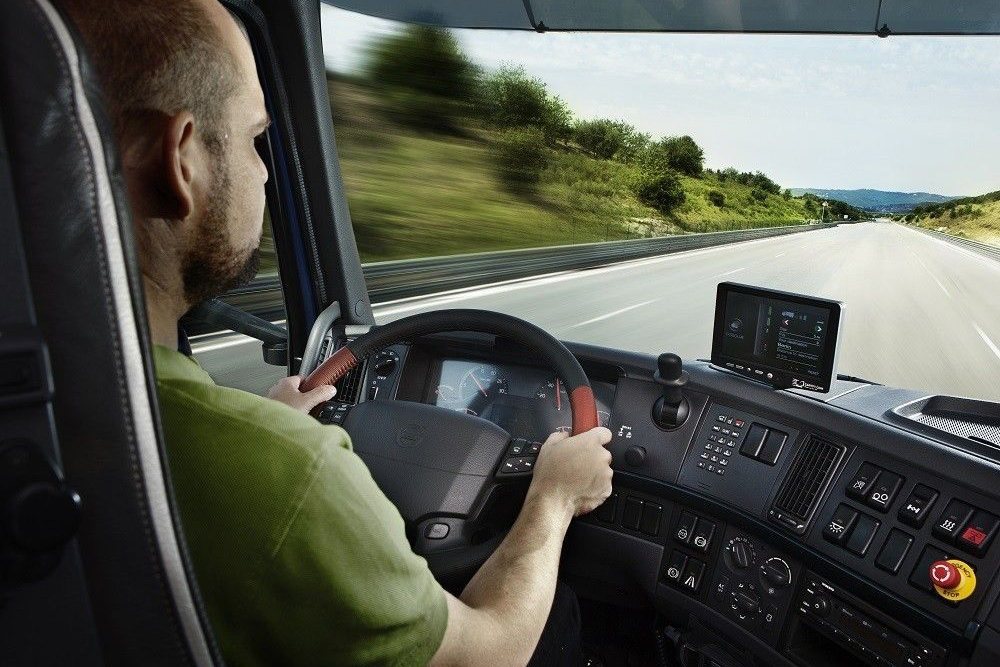
Having had interviews with an HR manager and technicians, the person undergoes a training and a week-long internship at our base. It is a paid internship, so the person receives a wage despite the employment decision. If the internship went well, the intern gets a mentor (a driver who has been working for Agrain Trans for at least 2 years). The mentor, by the way, gets a pay-raise for the period of mentorship.
At last, the chief mechanic examines the intern’s skills in parking the truck, getting back on the road, weighing the truck on a scale. The intern needs to understand which wheels perform which functions, how to place the cargo in the truck etc. If the employee has 6 months of uninterrupted employment at our company, he receives a pay-raise, so our employees are motivated to stay with us.
We conduct regular training for our drivers. At least twice a month our technicians examine the condition of vehicles. It tells us whether our drivers need additional training or internship. If they do, they get it. We want all of our employees to be well qualified.
Aleksandr Morozov, Director of the Agrain Trans company


